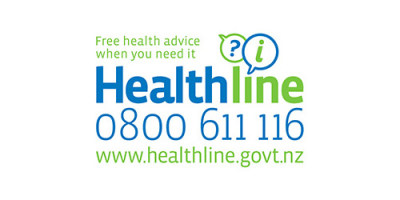Gestational Diabetes: It's all about the follow-up
Around five per cent of pregnant women will develop a glucose intolerance known as gestational diabetes mellitus (GDM).
If untreated, GDM can cause complications for mother and baby including pre-eclampsia, low blood sugar, respiratory distress, jaundice complications and larger than average babies.
The majority of women recover from GDM after the baby is born, but both mothers and their children are at an increased women risk of developing type 2 diabetes later in life.
It’s recommended that three months after they’ve given birth, women who have had GDM, have an HbA1c blood test, with yearly screening thereafter. This test determines if the GDM has resolved and provides an opportunity for a GP or practice nurse to discuss diet, exercise and weight management to delay or prevent the onset of type 2 diabetes.

Diabetes Clinical Nurse Specialist Helen Tippler says unfortunately statistics show only around 50 per cent of women with GDM have the HbA1c postpartum test.
“We are talking about new mums, with new babies, who have a lot to do and the test is often not a priority,” Helen says.
To help increase the uptake of the screening test Helen introduced a pamphlet on GDM guidelines for women, and created stickers to go in Well Child Tamariki Ora books as a reminder to healthcare providers to discuss the screening with women.
“I also highlight the importance of continued screening in the discharge letters to the woman’s GP and primary healthcare team.”

It’s recommended that three months after they’ve given birth, women who have had GDM, have an HbA1c blood test, with yearly screening thereafter.
As a result of her efforts, Helen has seen a marked improvement in the number of postpartum HbA1c screenings in the Nelson area.
“However, a sustained campaign is needed to keep the awareness up about the importance of recalling women with GDM for screening.”
Helen would like to present at regional and national primary care meetings about GDM and to outline Ministry of Health guidelines.





